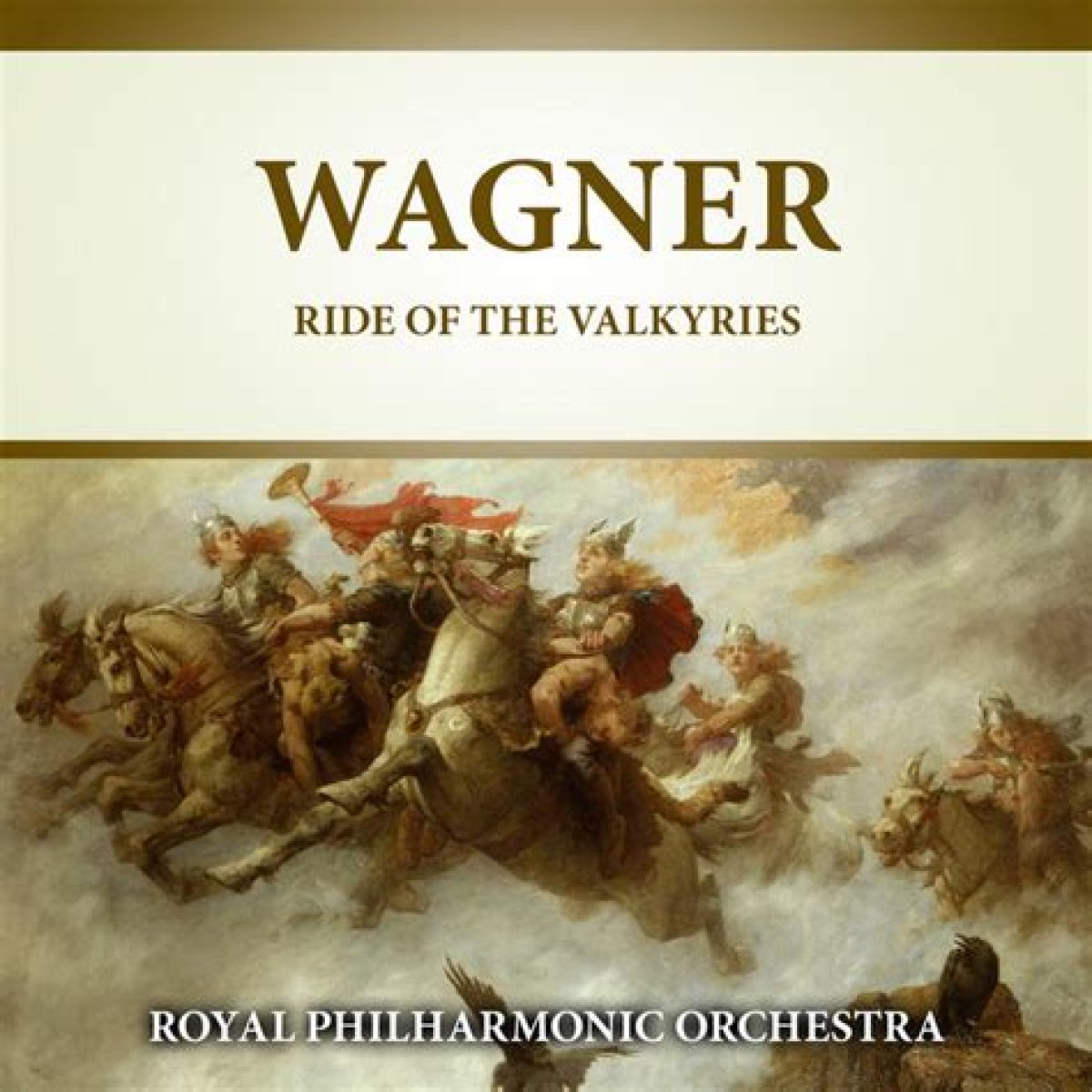Richard Wagner is considered one of the most influential composers of the Romantic era. He is known for his grand operas and complex musical structures. One of his most famous compositions is “The Ride of the Valkyries,” which is a part of his four-opera cycle, “The Ring of the Nibelung.” The piece has been used in many different contexts, from movies to video games, but the original meaning behind the song is rooted in Norse mythology and Wagner’s own political beliefs.
The Norse Mythology Connection
Wagner was fascinated with Norse mythology and drew much inspiration from it for his operas. “The Ride of the Valkyries” is no exception. In Norse mythology, the Valkyries were female warriors who would ride into battle on winged horses and choose which warriors would die and which would live. They would then carry the fallen warriors to Valhalla, the hall of the slain, where they would feast and fight until the end of the world.
The Valkyries were viewed as both terrifying and majestic, and Wagner’s composition captures this dichotomy perfectly. The piece begins with a slow, ominous introduction, which represents the Valkyries’ descent into battle. As the tempo picks up, the music becomes more frenzied and intense, symbolizing the chaos and violence of battle. The climax of the piece features a triumphant melody, as the Valkyries ride through the sky with their fallen warriors.
The Political Context
While the composition was inspired by Norse mythology, it also has a political context. Wagner was a German nationalist who believed in the superiority of German culture. He believed that music, like all art, should serve a higher purpose, and he saw his own work as a means of promoting German culture and values.
“The Ride of the Valkyries” was first performed in 1870, just a few years after the founding of the German Empire. The piece quickly became associated with Prussian militarism and German nationalism. It was often played at rallies and parades, and it was even used as a theme song for the Nazi party during World War II.
The Modern Interpretation
Despite its controversial political context, “The Ride of the Valkyries” remains one of the most beloved pieces of classical music. Its use in popular culture has cemented its place in the public consciousness. The piece has been used in countless movies, TV shows, and video games, often as a symbol of triumph or victory.
One of the most famous uses of the piece is in the 1979 movie “Apocalypse Now.” The film depicts the Vietnam War, and the music underscores a scene in which US helicopters attack a Vietnamese village. The use of the piece in this context has been criticized for glorifying war and violence.
The Legacy of Richard Wagner
Richard Wagner’s legacy is a complex one. He was undoubtedly a brilliant composer, and his works have had a profound impact on the world of classical music. However, his political views and associations with the Nazi party make him a controversial figure. Some argue that his music should be separated from his politics, while others believe that his work should not be celebrated at all.
Despite these controversies, Wagner’s music continues to be performed and enjoyed around the world. “The Ride of the Valkyries” remains one of his most famous compositions, and it is a testament to his skill as a composer that it has stood the test of time. Whether you appreciate the piece for its musical beauty or its historical significance, there is no denying that it is a masterwork of classical music.
